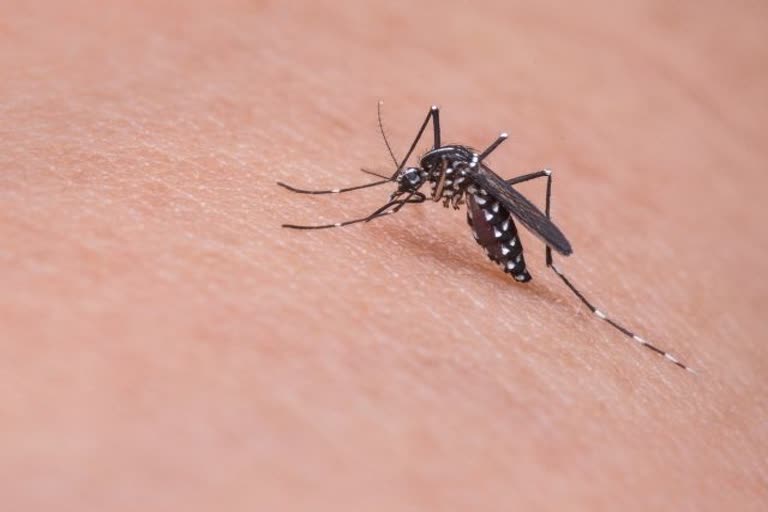The finding, published in the journal PLOS Pathogens, could lead to the development and application of vector control strategies such as sugar baits, aimed at reducing arbovirus transmission.
The research led by the MRC-University of Glasgow Centre for Virus Research showed that the Aedes aegypti species of mosquito, an arbovirus vector, had enhanced immunity in the gut after feeding on sugar, which in turn protected females of the species against viral infection.
"This study is important because we've been able to show that sugar feeding by these mosquitos blocks an initial infection of an arbovirus and lowers infection prevalence and intensity, thereby decreasing the potential of female mosquitoes to transmit these viruses further," said Dr. Emilie Pondeville, Molecular Entomologist at the MRC-University of Glasgow Centre for Virus Research.
"Overall, our findings uncover a crucial role of sugar feeding in mosquito antiviral immunity, which in turn decreases the potential for spread of these arboviruses, which pose a significant threat to people," Pondeville said.
